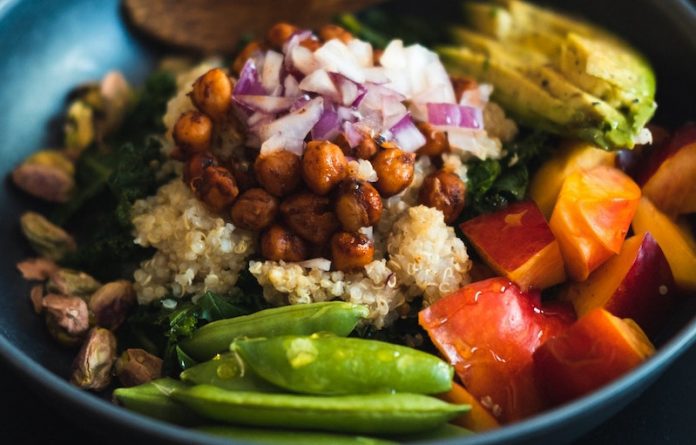
Scientists from Halberg Hospital and Research Institute and elsewhere found the Indo-Mediterranean diet may be the best for health.
Heart disease is the leading cause of death in the United States. The term “heart disease” refers to several types of heart conditions.
In the United States, the most common type of heart disease is coronary artery disease (CAD), which can lead to a heart attack.
People can greatly reduce the risk of heart disease through lifestyle changes and, in some cases, medicine.
Previous research has found that traditional Japanese and Mediterranean diets are protective against heart disease.
The Japanese diet is considered the healthiest because it provides Japanese populations with the highest longevity and health.
DASH and Mediterranean-style diets are also considered healthy diets, although the Indo-Mediterranean-style diet may provide better protective effects among patients with CVDs compared to other diets.
The concept of the Indo-Mediterranean type of diet was developed after examining its role in the prevention of CVDs in India, the value of which was confirmed by a landmark study from France: the Lyon Heart Study.
Researchers found that eating an alpha-linolenic acid-rich Mediterranean-style diet can cause a big decline in heart disease and all-cause death.
Another study from Spain also reported that a modified Mediterranean-style diet can cause a big decline in heart disease, type 2 diabetes, and cancer.
The Indo-Mediterranean diet may be superior to DASH and Mediterranean diets because it contains millets, porridge, and beans, as well as spices such as turmeric, cumin, fenugreek, and coriander, which may have better anti-inflammatory and cardioprotective effects.
These foods are rich sources of nutrients, flavonoids, calcium, and iron, as well as proteins, which are useful in the prevention of under and overnutrition and related diseases.
It is known that DASH and Mediterranean-style diets have a similar influence on CVDs.
However, the Indo-Mediterranean-style diet may be as good as the Japanese diet due to improved food diversity and the high content of antioxidants.
The research was published in Nutrients and conducted by Ram B Singh et al.
Copyright © 2022 Scientific Diet. All rights reserved.





